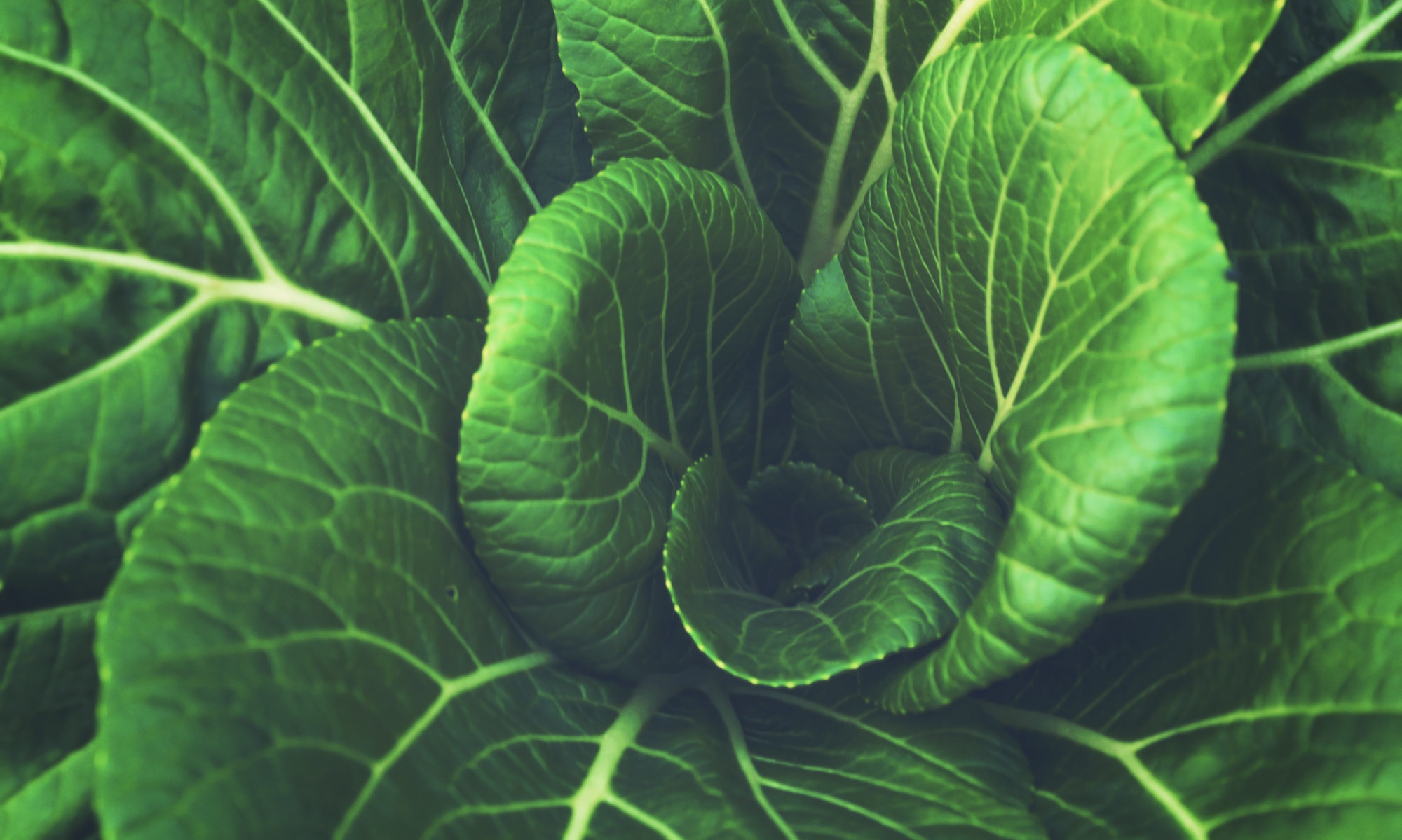The Proteins
The final class of macromolecules are proteins. Proteins are important molecules that do the majority of the work in a cell. These molecules are made up of amino acids, of which there are 20. The number of building blocks is vastly larger than the other macromolecules, indicating the specificity with which these macromolecules function.
This is why protein consumption is important for more than just energy extraction. Like fats, these molecules are essential to build up everything in the body besides water. In addition, humans cannot make all of the necessary amino acids from other molecules. This means we must consume organisms that have made the required amino acids. These requirements are met with consumption of meat, dairy, and fish. Most plants lack every necessary amino acid so it is important to eat a variety of plants if they are your only source of protein. For example, beans and rice are often paired together because they combine to provide every essential amino acid.
Metabolism of Proteins
Interestingly, proteins also require the most energy to digest. This is because most proteins have many chemical bonds that need to be broken for access to amino acids. As a result, it takes the body more time and energy to break down these molecules.
If the body is in need of energy, proteins can be broken down into glucose (proteins also provide 4 calories per gram). In fact, the liver is always breaking down some protein into sugar over time. This means that the body can make all of the glucose it needs on its own. This is why there are essential fats, essential proteins, but no essential carbohydrates. In the wild, glucose rich foods were scarce so the body has adapted to function optimally in the absence of carbohydrates.
Conclusion
Macromolecules are literally the building blocks of life. Without them it would be impossible to generate the vast complexity present in all living organisms. It is important to understand these basic properties of the macromolecules because they provide a foundation of knowledge for more interesting topics regarding metabolism and food processing. Armed with this knowledge, it is possible to dive into the intricacies of food metabolism in the body.



Wowee